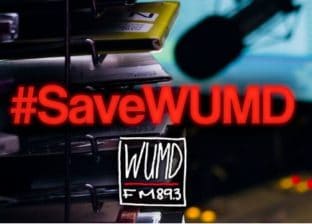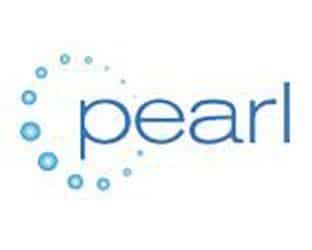By Adam R Jacobson
RBR + TVBR
On Jan. 6, RBR + TVBR reported that The University of Massachusetts Dartmouth has sold a Class B1 facility covering the New Bedford-Fall River, Mass., market.
In a deal valued at $1.5 million, UMass Dartmouth is selling WUMD-FM 89.3 in North Dartmouth, Mass., to Rhode Island Public Radio.
The deal included a host of conditions, including the migration of WUMD’s current student-run programming to an internet-only operation and opportunities for undergraduates at the university to learn about careers in radio.
That’s not good enough for some WUMD volunteers, who want the station saved.
A #SaveWUMD hashtag has been unleashed by a group of individuals who seek to “Help keep WUMD from being removed from the airwaves and replaced by more npr!”
A Facebook page has been established to help the activists in their cause.
 More than a student radio station, WUMD is a radio training ground for Southern New England. The chief of police for New Bedford, Mass., spins jazz music on the station each Sunday morning.
More than a student radio station, WUMD is a radio training ground for Southern New England. The chief of police for New Bedford, Mass., spins jazz music on the station each Sunday morning.
While NPR has been viewed as a positive influence on bringing diverse programming to markets across the U.S., the #SaveWUMD movement is venting their frustration at the public radio entity — and not at Rhode Island Public Radio, which seeks to improve its coverage in Rhode Island and nearby communities in Massachusetts, including New Bedford and Fall River. The Facebook page features a link to a New Republic article entitled “How NPR Killed College Rock.”
In a reference to Star Trek, it refers to NPR as “the Borg” and how stations are “assimilated” once it assumes control.
More seriously, the #SaveWUMD movement has taken to Facebook to share ways to tell the FCC that selling WUMD is not in the best interests of the listening public.
Such efforts to stop a sale have worked before.
Dateline, Seattle. In November 2015, Pacific Lutheran University announced that it was selling KPLU-FM 88.5 in Seattle to KUOW Public Radio — an NPR giant controlled by the University of Washington. The proposed $8 million deal would have kept the station’s longtime Jazz format.
But, by late December 2015, opposition voices had amassed and congealed into a legitimate entity that could counterbid for the station, if it received the financial support of listeners across the Seattle-Tacoma area.
This group, Friends of 88.5, negotiated with PLU to put together a crowd-sourcing effort that would yield control of the station to the community group should it raise $7 million.
It happened. By Memorial Day Weekend 2016, the goal was met, thanks to 17,000 community supporters who opened their pocketbooks and wallets.
On Aug. 12, 2016, KPLU was no more. The station officially became KNKX, and its programming is largely unchanged.
While Seattle is a very different market than New Bedford-Fall River, Mass., WUMD has high hopes for a second chance at life on the FM dial.
In an interview with blog Radio Survivor, WUMD volunteer Toni Pennacchia said she put the Facebook page together. In a statement, she said, “The proposed takeover has met with quite a bit of skepticism from many affected in the listening area. A main concern has been the secretive nature of the negotiations between RIPR and university administration. The university did not solicit input from WUMD staff or management, UMass Dartmouth students, or the general public, including station listeners. Given that both RIPR and UMass Dartmouth are allegedly operating in the public trust, this sort of closed-door approach is worrying.”
The public is able to petition against this sale until Feb. 3, by writing a petition to deny or e-mailing — at least until Friday — [email protected].
The fight also says a lot about the enduring power of an FM signal, even when university students are spending the bulk of their time with smartphones and audio streaming services.
Adam Lawrence, a 10-year WUMD veteran, told Radio Survivor, “Our FM presence is important to us because it’s both the most straightforward way to hear us, and the way that most of our listeners have found us. When we chat with our listeners, we very often hear that they’d previously had no idea we existed, but were tuning through the FM band one day, found music they loved on our station, and stuck with us ever since. By going online-only, we risk becoming a very small needle in an absolutely monstrously huge haystack.”
RBR + TVBR





